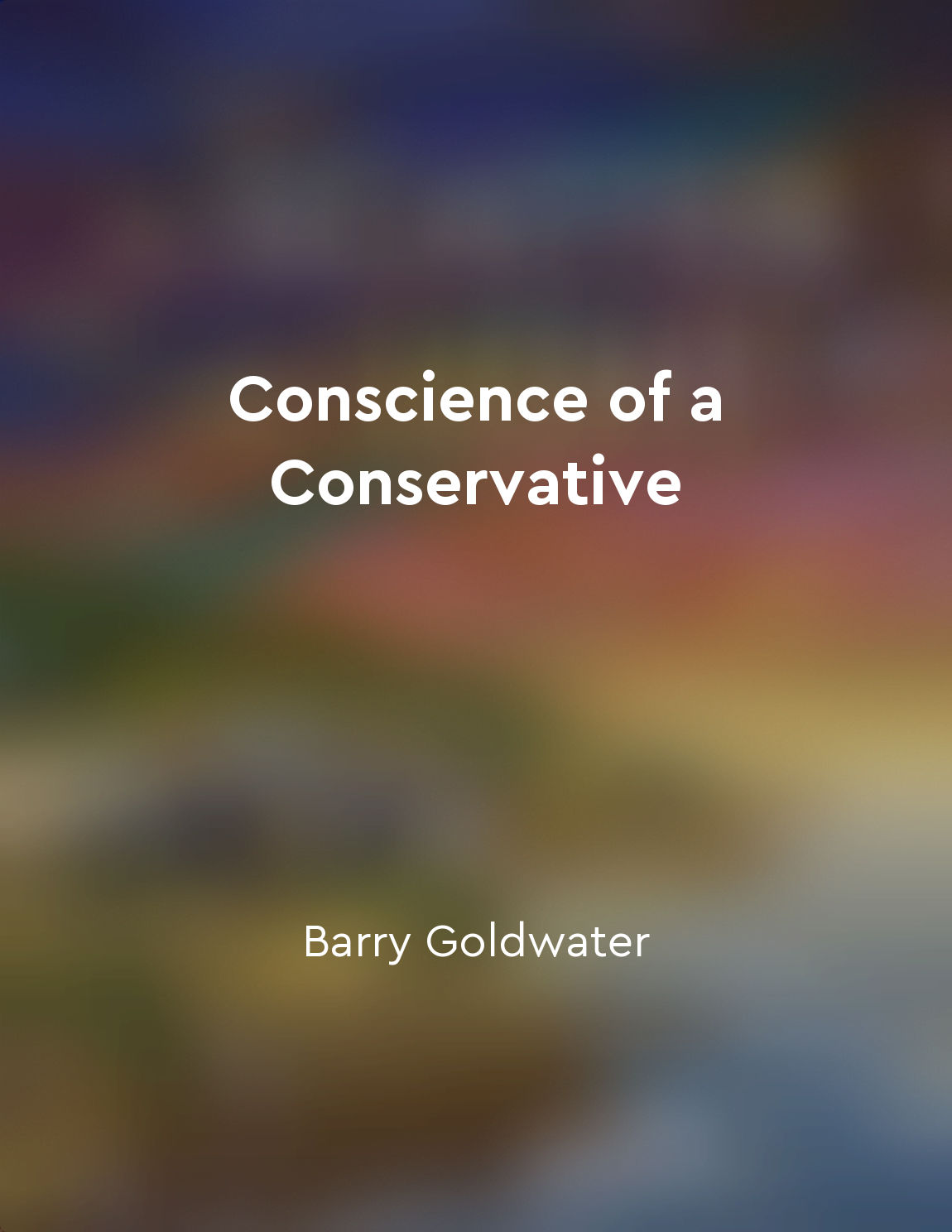The nations have distinct political ideologies and voting patterns from "summary" of American Nations by Colin Woodard
The United States is not a monolithic entity when it comes to politics; rather, it is a patchwork of distinct nations, each with its own unique history, values, and political ideologies. These nations have deep roots that date back to the founding of the country and continue to shape the way its residents think and vote today. Understanding the American political landscape requires recognizing that regions such as Yankeedom, New Netherland, the Deep South, and the Left Coast are not just geographic areas but cultural and political entities with their own identities. These nations have distinct values and worldviews that influence the way their residents approach politics and make decisions at the ballot box. For example, the Deep South, with its history of slavery and segregation, tends to be conservative and value traditional social hierarchies. Residents of this nation are more likely to vote for candidates who espouse conservative values and prioritize issues such as gun rights and religious freedom. On the other hand, nations like Yankeedom and the Left Coast have more progressive ideologies, valuing social equality, environmental protection, and government intervention in the economy. Residents of these nations are more likely to support candidates who champion progressive causes and prioritize issues like healthcare reform and climate change. These distinct political ideologies and voting patterns are not random; they are deeply rooted in the history and culture of each nation. Understanding these differences is essential for grasping the complexities of American politics and why certain regions consistently vote in a certain way. In short, the United States is not a uniform entity when it comes to politics. Instead, it is a collection of distinct nations, each with its own unique political ideologies and voting patterns that are shaped by their history, values, and culture. By recognizing and understanding these differences, we can gain a deeper insight into the diverse tapestry that is American politics.Similar Posts

Welfare programs should encourage selfreliance
The idea that welfare programs should encourage self-reliance is a fundamental principle that must guide our approach to social...
We are less exposed to differing viewpoints and more susceptible to misinformation
In our modern society, we have found ourselves congregating with like-minded individuals more than ever before. This clustering...
The decline in faceto-face interactions is detrimental to social capital
The erosion of face-to-face interactions in our society has profound consequences for our social fabric. As people spend less t...
Love and justice are at the heart of democracy
Love and justice are the twin pillars that uphold the democratic structure. Without the foundation of love and justice, democra...
The benefits of a system of checks and balances
The necessity of a system of checks and balances in government cannot be overstated. Without such a system in place, the tenden...
